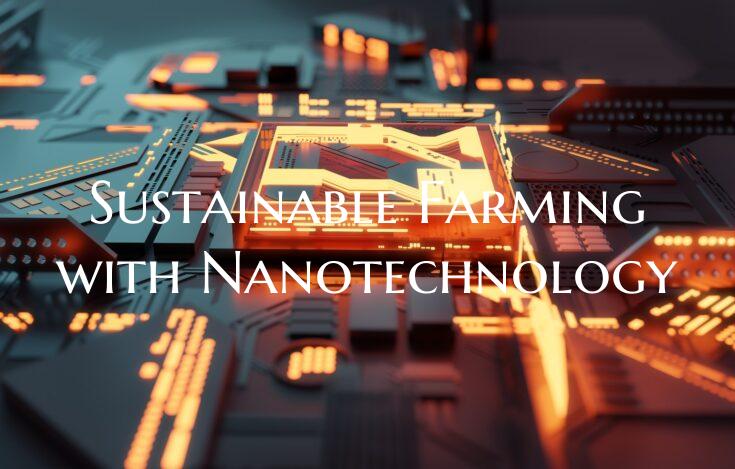Sustainable Farming with Nanotechnology
Sustainable agriculture is an important goal for the future of our planet, and one innovative approach to achieving this is through the integration of nanotechnology in farming practices. Nanotechnology involves manipulating materials at the atomic and molecular scale, offering immense potential for transforming agriculture towards sustainability.
One key application of nanotechnology in farming is the development of nanopesticides. These nano-formulations can deliver crop protection more effectively and with reduced environmental impact compared to traditional chemical pesticides. By targeting specific pests or pathogens, nanopesticides can minimize the amount of chemicals needed while maximizing the efficiency of pest control.
Another area where nanotechnology can contribute to sustainable farming is in soil management. Nano-based fertilizers and soil amendments can improve nutrient uptake by plants, leading to increased crop productivity and reduced fertilizer runoff into water bodies. Nano-enabled sensors can also be used to monitor soil health and optimize irrigation practices, helping farmers conserve water resources and prevent soil degradation.
Furthermore, nanotechnology offers possibilities for enhancing seed treatment and crop genetic improvement. Nano-coatings on seeds can improve germination rates and provide protection against environmental stresses. Nanoscale delivery systems can also facilitate targeted delivery of growth-promoting substances or genetic materials to plants, promoting crop resilience and productivity.
In addition to these direct agricultural applications, nanotechnology can contribute to sustainability by enabling precision farming techniques. Nanosensors and imaging technologies can provide real-time data on crop health and environmental conditions, allowing farmers to make informed decisions on resource management and disease control.
While the potential benefits of nanotechnology in sustainable farming are promising, it is important to address potential risks and ensure responsible implementation. Research into the environmental and health impacts of nanomaterials is essential, as well as the development of regulations to govern their use in agriculture.
Overall, the integration of nanotechnology into farming practices offers exciting opportunities to enhance productivity, reduce environmental footprint, and promote sustainability in agriculture. By harnessing the power of nanotechnology, we can work towards a more efficient, resilient, and environmentally friendly food production system for future generations.

